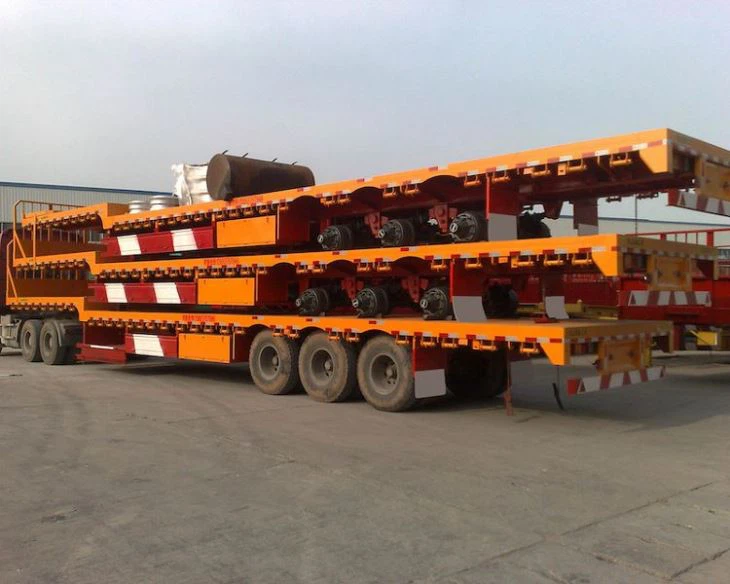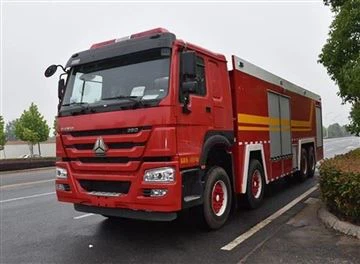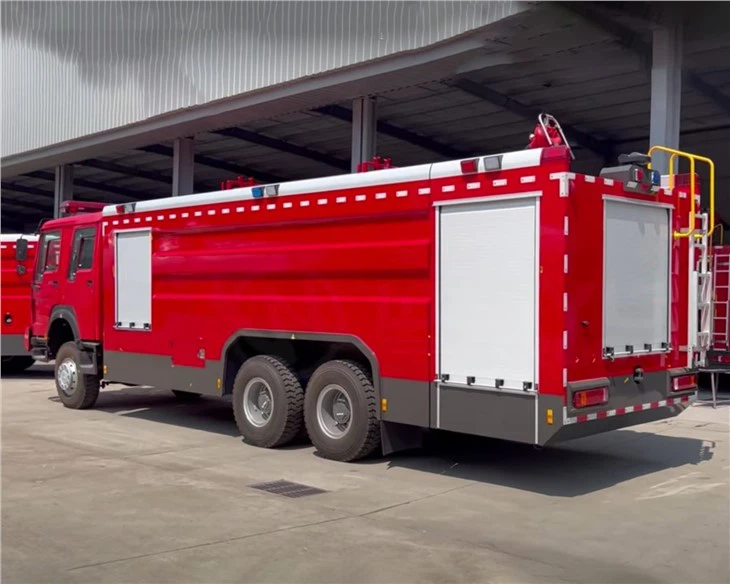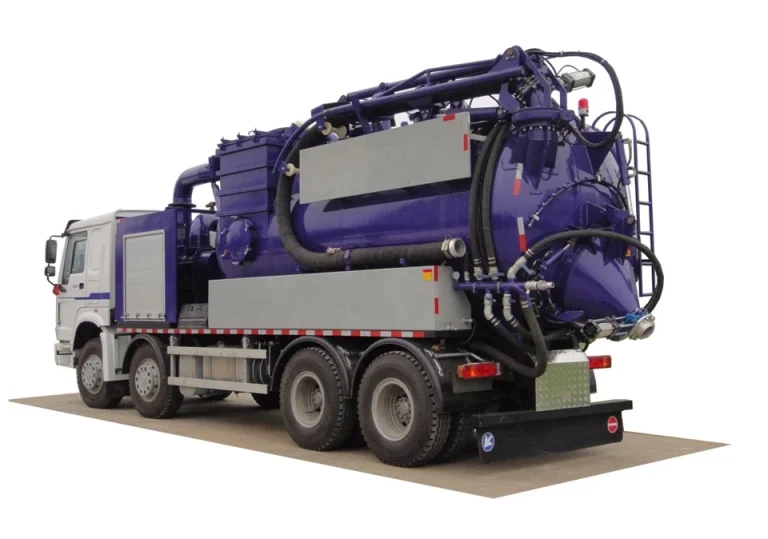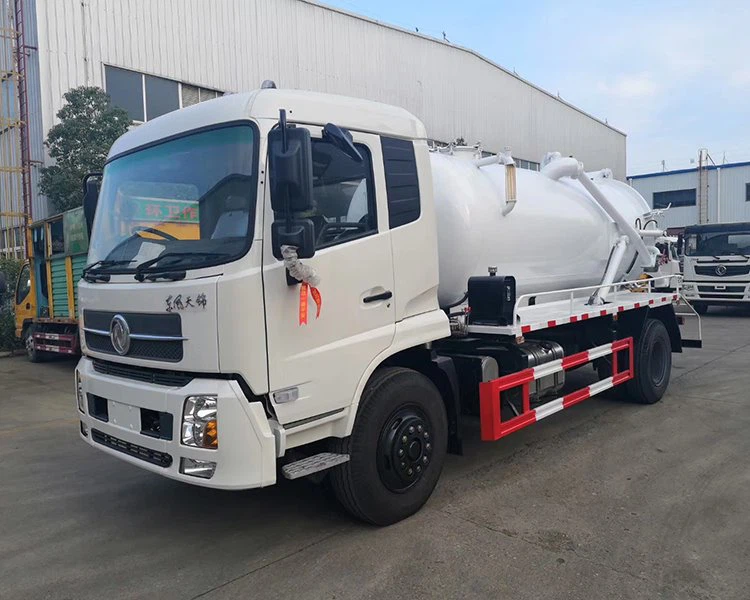Introduction
Hydro excavation trucks have become an essential tool in the construction and utility industries, offering a safe, efficient, and cost-effective solution for subsurface excavation. By using high-pressure water and vacuum suction, these specialized trucks can remove soil and debris without causing damage to underground utilities or the surrounding environment. This article will explore the various aspects of hydro excavation trucks, including their components, benefits, applications, and best practices for use.
What is a Hydro Excavation Truck?
A hydro excavation truck is a specialized vehicle designed for non-destructive digging. It combines high-pressure water jets with a powerful vacuum system to remove soil or debris from excavated areas. This method of excavation is particularly useful for locating underground utilities, constructing foundations, or performing site maintenance.
Key Components of a Hydro Excavation Truck
- Water Tank: Stores the clean water used for excavation.
- Vacuum System: Creates suction to remove the excavated material.
- Hydraulic System: Powers the digging tools and the boom that extends from the truck.
- Control Panel: Allows the operator to control all functions of the truck.
- Digging Tools: Includes various attachments that facilitate the excavation process.
Benefits of Hydro Excavation
Hydro excavation offers numerous advantages over traditional excavation methods. Here are some of the key benefits:
1. Non-Destructive Digging
One of the main advantages of hydro excavation is that it is non-destructive. It minimizes the risk of damaging underground utilities, such as gas lines, water pipes, and electrical conduits.
2. Precision and Accuracy
Hydro excavation allows for precise digging, which is essential for locating utilities accurately. The operator can see exactly what they are removing, reducing the chances of errors.
3. Environmental Safety
This method produces less disturbance to the surrounding environment. The vacuum action removes debris without disrupting the soil structure or surrounding vegetation.
4. Cost-Effectiveness
While the initial cost of hiring hydro excavation services may be higher, the reduction in damage and the associated repair costs can lead to overall project savings.
5. Versatility
Hydro excavation trucks are versatile tools that can be used for various applications, including potholing, trenching, and site preparation.
Applications of Hydro Excavation Trucks
Hydro excavation trucks are utilized in a variety of scenarios across different industries. Below are some common applications:
Potholing
Potholing is the process of creating small holes in the ground to locate underground utilities without trenching. Hydro excavation trucks excel in this area due to their precision and safety features.
Trenching
Hydro excavation can be used to dig trenches for pipelines, electrical lines, and irrigation systems. The ability to create clean, narrow trenches reduces the amount of backfill required.
Debris Removal
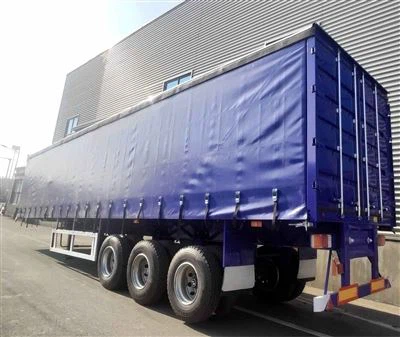
These trucks can effectively remove debris from construction sites, ensuring safer working conditions and preventing environmental contamination.
Soil Sampling
Hydro excavation trucks can take soil samples in precise locations, which is essential for environmental studies and assessments.
Site Restoration
They can also be used for site restoration, gently removing affected soil while preserving the integrity of the surrounding environment.
Best Practices for Using Hydro Excavation Trucks
To maximize the efficiency and safety of hydro excavation trucks, consider the following best practices:
1. Training and Certification
Ensure that operators are properly trained and certified in hydro excavation techniques and safety protocols.
2. Regular Maintenance
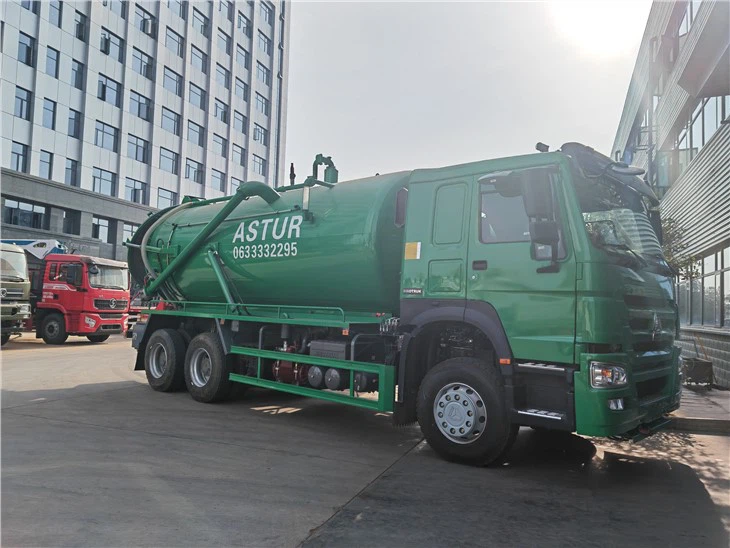
Conduct regular maintenance checks on the hydro excavation truck to ensure all components are functioning properly, including the water system, vacuum system, and safety equipment.
3. Pre-Excavation Planning
Conduct thorough pre-excavation planning, including utility locates and a risk assessment to identify possible hazards before beginning work.
4. Proper Water Pressure Settings
Adjust water pressure settings based on soil conditions. Soft soils may require lower pressures, while harder soils might need higher pressures for effective excavation.
5. Use Appropriate Equipment
Select the right digging tools based on the specific application and soil type. This ensures optimum efficiency and safety during operations.
Common Challenges with Hydro Excavation
Despite its advantages, there are some challenges associated with hydro excavation that users should be aware of:
1. Weather Conditions
Adverse weather conditions such as heavy rain or freezing temperatures can impede hydro excavation operations. It’s essential to monitor weather conditions and adjust plans accordingly.
2. Water Supply
Hydro excavation requires a significant amount of water. Ensure a readily available water supply or have contingency plans in case of shortages.
3. Depth Limitations
The effectiveness of hydro excavation can be limited at certain depths, especially in very rocky or compacted soil. Operators may need to switch to traditional excavation methods in these cases.
Choosing the Right Hydro Excavation Truck
When selecting a hydro excavation truck, consider the following factors:
1. Size and Capacity
Choose a truck size that meets your project needs. Make sure it has the appropriate tank capacity for water and waste materials.
2. Vacuum Power
Look for models with sufficient vacuum power to handle the types of materials you will be excavating. Higher suction capabilities are needed for tougher excavation conditions.
3. Safety Features
Opt for trucks with advanced safety features, such as better visibility, emergency shut-off controls, and secure waste storage.;
4. Brand Reputation
Research different manufacturers and models to find those with good reviews and reliable performance in the field.
Cost Considerations for Hydro Excavation
The cost of hiring hydro excavation services or purchasing a truck can vary widely based on several factors:
1. Project Scope
The size and complexity of your excavation project will greatly influence the overall costs. Larger projects may see increased costs due to longer service times and more resources required.
2. Geographic Location
Service costs may vary depending on location. Urban areas may have higher service rates compared to rural regions.
3. Equipment Rental vs. Purchase
Deciding between renting a hydro excavation truck and purchasing one can significantly affect your budget. Evaluate usage frequency to make an informed decision.
Case Studies: Successful Applications of Hydro Excavation
Examining real-world examples of hydro excavation can provide valuable insights into its advantages:
Case Study 1: Utility Installation
A city utilities department used hydro excavation for installing new fiber optic lines. The precision of the excavated holes allowed them to safely navigate around existing water and electrical lines, reducing delays and unexpected costs.
Case Study 2: Road Repair
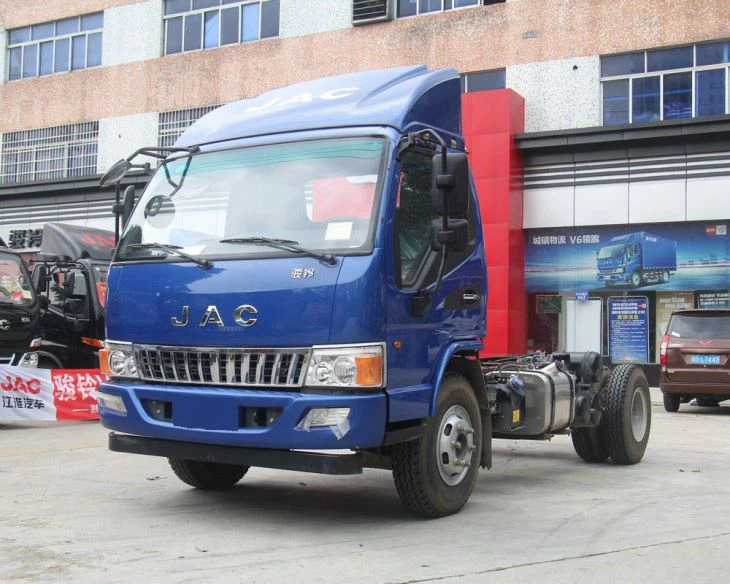
An infrastructure company utilized hydro excavation to dig out damaged soil under a road. The non-destructive method preserved the pavement structure, which resulted in a faster repair process with minimal traffic disruption.
Frequently Asked Questions (FAQ)
1. What is the difference between hydro excavation and traditional excavation?
Hydro excavation uses water and vacuum suction for non-destructive digging, while traditional excavation relies on heavy machinery that can damage underground utilities and soil structure.
2. How much does it cost to hire a hydro excavation service?
Costs vary greatly based on project scope and location, with typical rates ranging from $150 to $300 per hour or more depending on specific requirements.
3. Can hydro excavation be performed in winter?
Yes, hydro excavation can be performed in winter; however, operators need to take precautions against freezing temperatures and ensure water supply remains viable.
4. What types of projects benefit most from hydro excavation?
Projects like potholing, utility line installation, trenching for pipelines, and site restoration all benefit significantly from hydro excavation methods due to their precision and minimized ground disturbance.
5. Is hydro excavation environmentally friendly?
Yes, hydro excavation is considered environmentally friendly as it reduces soil disturbance and minimizes the risk of damage to existing underground utilities and vegetation.
6. Do I need to obtain permits before hydro excavation?
Generally, yes. Depending on local regulations and project specifics, you may need to obtain permits before conducting hydro excavation work to ensure compliance with safety and environmental standards.
